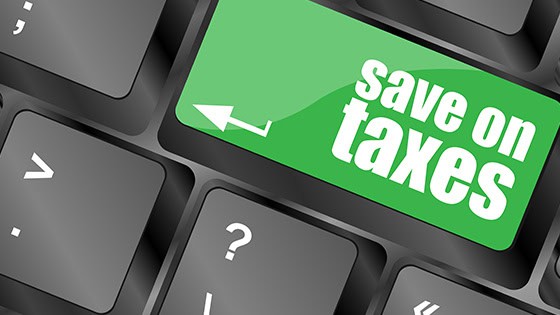
By Caleb Arringdale,Tax Advisor
For some small business owners, tax season is the time of year when they can’t use their dining room table because it’s covered with a year’s worth of receipts, all organized into tidy little stacks. They may also mark the season by spending hours poring over old credit card statements, trying to remember the reason for each purchase as they attempt to retroactively separate business from personal expenses.
If this sounds familiar, don’t feel bad. Nobody becomes a small business owner because they love organizing the invoices, receipts, and statements they’ll need for taxes. Nevertheless, it is part of running a successful business, and while filing taxes can be complicated, keeping track of your records doesn’t need to be. Here are a few tips that will help:
- Separate Personal and Business Transactions
Mixing business and personal finances is guaranteed to cause major headaches because it requires you to spend hours manually separating everything for your taxes. It’s much more efficient to have separate accounts for each. Start by opening a business bank account. Once that’s established, apply for a business credit card. Only use your business credit card for business expenses. This approach provides significant tax advantages, and frankly, it will make it easier to manage the finances of your business.
- Records for Purchases up to $2,500
The tax code has a provision called de minimis safe harbor which generally allows businesses to deduct small-dollar expenditures to purchase items that otherwise might have to be capitalized. In 2016 the de minimis safe harbor threshold increased from $500 to $2,500. Since these items can be fully expensed, you will need one of the following as proof of purchase: receipt, invoice, canceled check, or credit card statement.
- Recordkeeping for Depreciation
Businesses depreciate big-ticket items such as vehicles, buildings, office equipment or furniture, computers, machinery, and large equipment. Depreciation is a tax deduction that allows you to recover the cost or other basis of certain property over the time you use the property. The depreciation is based on the original cost so you will need the following as proof of purchase: receipt, invoice, canceled check, credit card statement.
- Tracking Deductions for Vehicle Expense
If you have a vehicle you use for both business and personal purposes, the mileage deduction is frequently very advantageous. You get a standard amount per mile driven for business purposes. For 2023, that deduction is 65.5 cents per mile. You’ll need to keep a log to track the miles. The best way to do this is to get an app on your smartphone. There are many user-friendly options, including some that are free.
- Use Accounting Software
If you really want to keep good records and save time on your taxes, use accounting software.
There are some great online resources, including many free options. Most accounting software comes equipped with expense tracking that lets you categorize and track your deductible business expenses. Some software offers additional features like mileage tracking, and automatic expense categorization, along with other helpful tax tools. These days, most software options have easy-to-use interfaces that can automate many of the bookkeeping tasks associated with running your business.
- Get the Help You Need
Most accounting software offer tutorials to get you up to speed on how to use them correctly, but unless you really love bookkeeping, a more suitable option may be to pay someone to help you. Business owners are often required to wear many hats but it’s better to invest your time doing those things you’re good at. Paying someone to come in once or twice a month to oversee the software is a cost-efficient way to be sure your entries are accurate and up to date. It’s also a good investment because if you show up at your accountant’s office close to the tax deadline with a box full of jumbled receipts, you are going to be charged for the time it takes to sort everything out.
The best time to start keeping good records is right now. If you have questions about how to reduce your tax liabilities, contact The Planning Center. We are dedicated fiduciaries who offer integrated tax planning designed to help you build wealth and achieve your financial goals.


Please email Caleb at: caleb@theplanningcenter.com.
